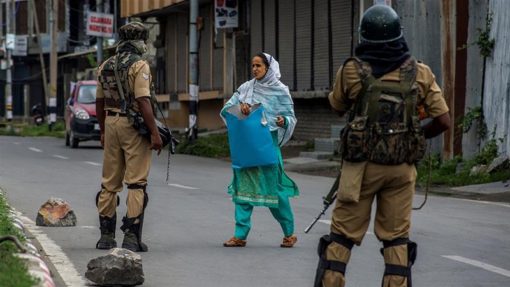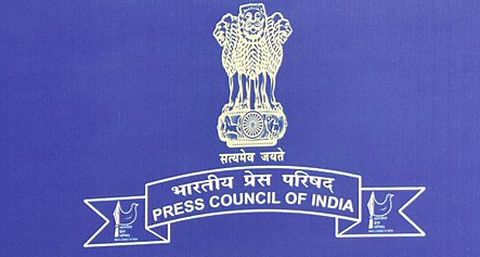
The Press Council of India (PCI)—a media watchdog body tasked with protecting freedom of press—has sparked outrage after it voluntarily sought permission from the Supreme Court to intervene in a petition filed by Kashmir Times executive editor Anuradha Bhasin that seeks an end to communications restrictions in Jammu and Kashmir.
While PCI move is drawing severe criticism from different quarters, some current members of its executive body have also reportedly been left shocked.
The PCI plea has underscored that the ban on communication and free movement, which has severely affected the functioning of the local journalists in Jammu and Kashmir, is “in the interest of the integrity and sovereignty of the nation”.
It has offered to assist the court in deciding Anuradha Bhasin’s petition “justly in the interest of the freedom of the press as well as in the national interest”.
It contended that there is no mention of the “abrogation of most contentious provision of the constitution”(sic) in Bhasin’s petition, “which has caused the restrictions on communication and other facilities”.

Previously, the executive editor of Kashmir Times had filed a petition in the top court seeking the Supreme Court’s intervention to lift the clampdown on the Kashmir Valley’s media ever since state’s special status was abrogated and it was divided into two Union Territories.
“If the Press Council – set up by an act of parliament i.e. in the name of the people – sees a free and open media as a threat to the nation’s ‘sovereignty’, and if it believes readers and viewers can and ought to be kept in the dark in special situations, it is a sad day for Indian democracy, although it would not surprise anybody that things have come to such a pass,” Krishna Prasad, former editor of Outlook magazine told The Wire. “One of the two founding objectives of the Press Council was to preserve the freedom of the press ‘unfettered and unhindered by any authority’. Any action to the contrary that suggests subservience to any authority or situation would be a shameful abdication of its responsibilities.”
“Another institution bends over backwards,” said senior journalist, political commentator and author Paranjoy Guha Thakurta.




